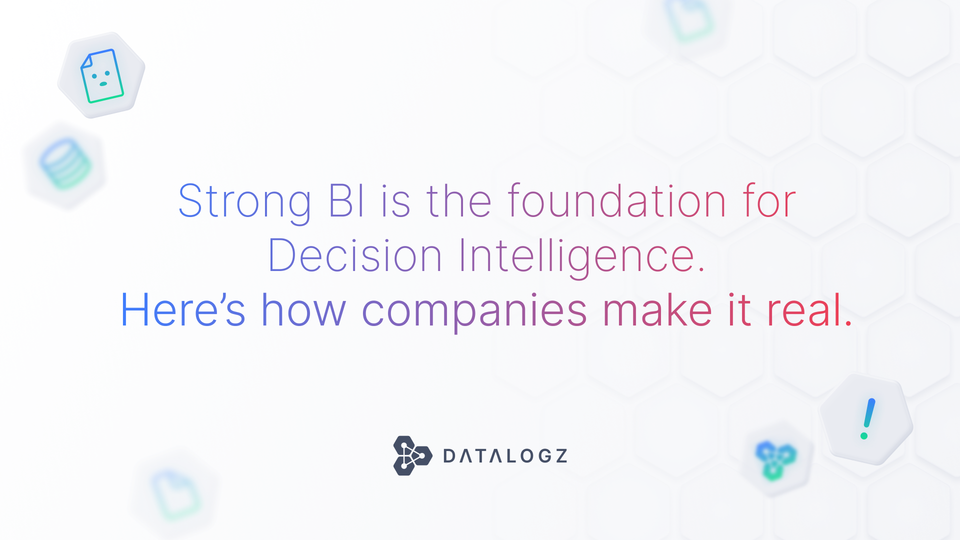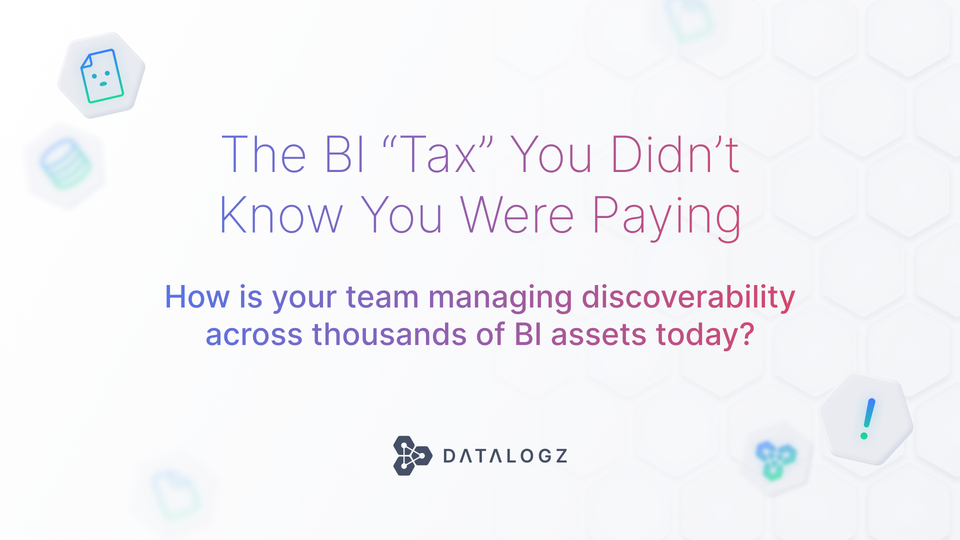Unlocking Business Performance with Operational BI and Analytics
How can you enable widespread contribution to business performance? The answer lies in ‘operations,’ where numerous decisions are made every day.

The value of BI and analytics has never been higher for organizations. And it’s very apparent that middle management is no longer the only group with this viewpoint. The assumption that BI and analytics are essential to success has also spread to the boardroom. In many C-level meetings, executives want innovation and discovery, but they also want to flatten the hierarchies and get widespread employee participation in improving business performance.
You could counter that self-service BI would accomplish that, but the data from all the surveys and research shows that the usage penetration of BI tools in the employee base of most companies has persistently stayed around 22% - 25%. One explanation for this is that self-service BI has primarily been used at tactical business levels, as opposed to in day-to-day operations.
How can you enable widespread contribution to business performance in such a case? The answer lies in ‘operations,’ where numerous decisions are made every day. The scorecard KPIs that CEOs are examining in the boardroom could transform if an organization could implement this properly.
The goal of operational BI and analytics is to use business intelligence and analytics to direct users and applications so that they consistently know the appropriate course of action to take and when to take it. It involves dynamically leveraging BI and analytics to continuously keep a business operating at its peak level while remaining compliant, diminishing risks, and maximizing profitability.
If insights are to direct people to take actions that all help to achieve a shared business strategy, targets, and objectives, then the precision of BI delivery needs to be improved so that people receive role-based, relevant BI and analytics in the context of every task they perform, as the task is performed. It would make operational decisions possible in a fast and efficient manner.
It involves enabling individuals, teams, and systems across the organization to act on insights at precisely the appropriate time to optimize and enhance business performance. We can list certain prerequisites for this to happen effectively.
- Incorporate an ‘active’ user interface in programs that can visualize insights and allow for drill-down or drill-through to identify underlying problems.
- Deliver on-demand access to BI and other analytical web services.
- Deliver prescriptive analytics for guidance via tailor-made recommendations.
Enable business users to further customize operational BI by building their own self-service reports, dashboards, and data visualizations inside a business application without the assistance of developers or data scientists.
The ability to recognize, assess, and take action as soon as particular events or patterns occur is another indispensable component of ‘smart’ business operations. This is known as event-driven analytics, which entails assessing the potential effects of an event on the business.
Analytics that are ‘event-driven’ take place when an event or pattern happens that could have a ripple effect on the business. The effect could be enormous, minor, notable, or insignificant. BI and analytics should identify the business impact of such circumstances and suggest what action is required to reduce risk and keep the business on track to accomplishing its goals.
Throughout a working day, various things can happen in business operations. Some examples include a sizable withdrawal from a savings account, selling shares on the financial markets, price changes, order changes, order cancellations, and more.
Even if not all events are relevant to business, many necessitate a quick response to take advantage of an opportunity or stop a problem from developing or worsening. In some circumstances, the reaction may need to be instantaneous and automatic, while in others, it might need human approval.
BI Ops draws inspiration from the same fundamental idea to enable organizations to extract the utmost value from their business intelligence ecosystem. A robust BI Ops infrastructure, such as Datalogz, can help a modern, agile, data-driven organization to cut costs, reduce risks, and increase efficiency.




